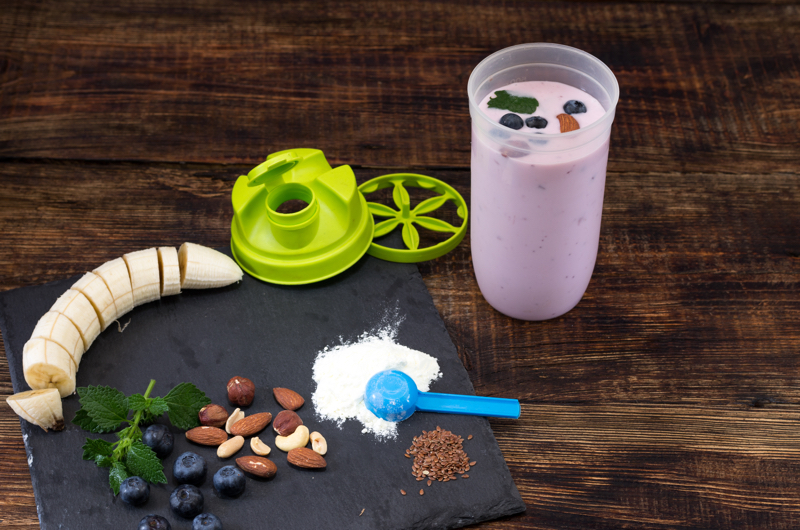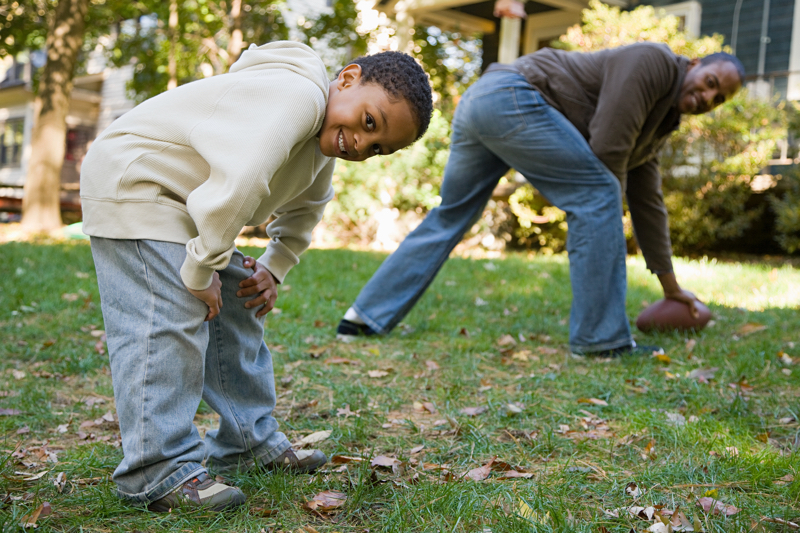Proper nutrition for athletes is necessary when preparing for an endurance event to ensure you have the energy and strength to train effectively, perform on event day, and maintain immunity during the rigor of regular intense athletic pursuits.
Nutrition for athletes must include all of the macronutrients:
- Complex carbohydrates — whole-grain bread, oatmeal, sweet potato
- Complete proteins — eggs, salmon, chicken, leafy greens
- Healthy fats — avocados, oils, nuts, and seeds
Amounts of each will vary depending on individual metabolism and the length and intensity of the day’s training, so it’s important to experiment on what combination works for you. Generally, you should aim for a 60:15:25 carb:protein: fat ratio.
When you eat can be as important to consider as what you eat.
What to Eat Before a Workout
Carbs are easier to digest than proteins and fats, so their ratio should be higher in meals and snacks eaten before a workout. Allow adequate time for digestion to prevent body systems from competing (the body’s focus is on your workout instead of digestion.) Don’t forget that carbs have a tendency to get stored as fat if not utilized properly, so don’t go overboard unless planning a particularly intense session.
What to Eat After a Workout
Your body is most receptive to the replenishment of glycogen reserves in the time period immediately following your workout. Consuming some simple carbs and proteins within the first hour will aid in muscle recovery and prepare your body for your next session. Avoid empty simples like sweets and juices in favor of fiber-rich whole fruits. Adding in a handful of nuts or some other healthy fats helps replenish lost energy.
While it can be tempting to indulge in junk foods after an intense workout, it’s not a good idea to do so regularly. Your body gets more efficient as you get deeper into your training and you’ll begin to burn fewer calories with the same workout over time. Junk foods with their empty calories will neither help you perform nor recover.
What to Eat the Day of an Event or Competition
Everyone is different, so it may take some experimentation to determine how you perform after certain food and supplement combinations. By focusing on sports nutrition early in the training process, you’ll have time to fully understand your body’s needs and responses to foods and better know how you should eat in the days leading up to your endurance event.
Some like to carb load the whole day prior, while others prefer a carb-heavy breakfast and lunch followed by a light dinner. Work to determine your best combination of fiber, fat, and protein to keep you satiated, but not so full that you can’t get a good night’s sleep.
On event day, sports nutritionists generally recommend a light, easy-to-digest breakfast that packs an energy punch. Whole grain toast or a bagel with peanut butter and a banana, for example.
The Big Finish
After the big event, what your body needs for recovery will be determined by the intensity of your experience, the weather, and how effective your training program ending up being. In general, your first goal should be to consume a light snack comprised of carbs and protein aimed at initiating your immediate recovery needs. A recovery drink or shake may do the trick.
Your body will be working to rebound from the exertion of the event and will thank you for saving any heavy meals for several hours after completion.
Food is both fuel and medicine. Nutrient-dense foods and snacks eaten in the right combination and at the right time throughout your training can effectively prepare you for — and help you recover from — your endurance athletic events. Make sports nutrition a priority component of your training.


